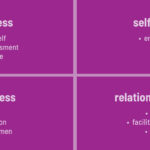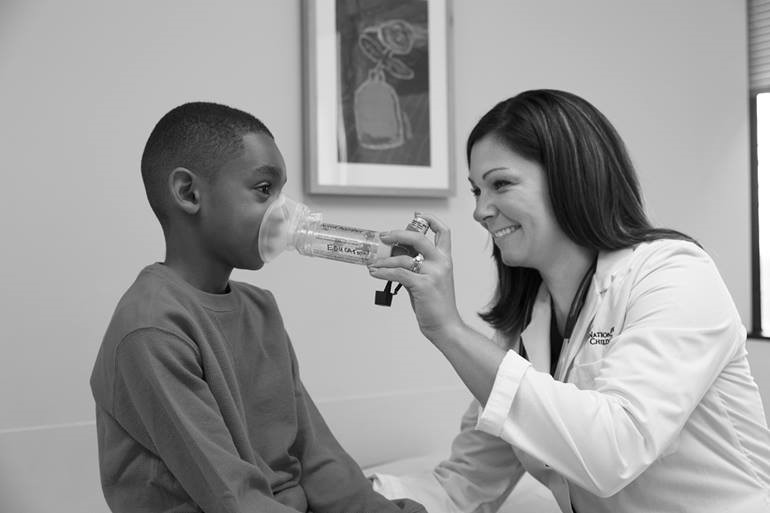Digital Education for Patients and Families
Digital Education for Patients and Families https://pediatricsnationwide.org/wp-content/themes/corpus/images/empty/thumbnail.jpg 150 150 Mike Patrick, MD Mike Patrick, MD https://pediatricsnationwide.org/wp-content/uploads/2021/03/Michael-Patrick.jpg- December 30, 2014
- Mike Patrick, MD
When patients and parents want health information, they often turn to the Internet. Let’s make sure they’re finding the right sources.
In the digital age, young patients and their parents have an encyclopedic world of health information at their fingertips. Answers are available on demand, and most people find them. In fact, according to recent numbers from the Pew Internet Project, 87 percent of American adults use the Internet, and 72 percent of Internet users report searching online for answers to health-related questions within the past year.
But are the answers that patients and parents find trustworthy? Are they based on scientific evidence or on personal experience and opinion? That depends on the online source, and since 77 percent of online health-seekers begin their investigation with a search engine, the quality of answers will vary depending on what sites Google and Yahoo throw their way.
Sometimes the answers are sound. Other times, they’re not. Take the case of Dr. Andrew Wakefield, a British physician who reported an association between MMR vaccine and autism in the medical journal The Lancet back in 1998. The story went viral thanks to an emerging form of communication we now call social media, and despite subsequent evidence of fraudulent research, retraction of the article by the medical journal, legal action against the investigator and a plethora of new evidence clearly refuting the association, many parents still believe it. Why? Because official-looking web sites and blog posts and forum boards tell them it’s true. The result? Increasing numbers of parents saying “no” to immunizations, decreasing effectiveness of herd immunity and increasing outbreaks of pertussis and measles.
As physicians, it’s always been our job to educate patients and parents with up-to-date, evidence-based health information. That was easy when we were the only reliable source available. But these days, with parents expecting immediate answers and knowing they can find answers with just a few clicks, pediatric practitioners find themselves pushed aside and out of the equation.
It’s time to change that.
Rather than leaving the answers to Google and Yahoo, doctors have a responsibility to preemptively educate our patients and families on the best and most reliable online resources before a question comes to mind. So instead of trusting a search engine, patients and parents can click their way directly to a trusted source.
Pointing Patients to Reliable Digital Health Resources
What source should families trust? Their first online source should be you! Practice websites are a great place to provide health-related educational information and links to other trusted sources. But don’t assume parents will remember to look at your site for answers. Instead, make a habit of reminding them — by word of mouth, exam room bulletin boards, office handouts and email newsletters.
In addition to your homegrown digital resource, there are several trustworthy and comprehensive websites with pediatric information you can share with patients and parents.
This easy-to-navigate site is maintained by the American Academy of Pediatrics. Its strength is a focus on reliable well-child information, with sections on ages and stages, healthy living, safety and prevention, and family life.
Operated by the U.S. National Library of Medicine, MedlinePlus organizes health information by body system, alphabetical lists, age range and most popular topics. It also offers informative videos, calculators and tutorials, games and quizzes and up-to-date, health-related news. Parents can also use this site to find reliable information about medications, herbs and supplements, and general wellness issues for their children and themselves.
As the official blog of Nationwide Children’s Hospital, this online resource calls upon the collective expertise of our medical staff. Whether it’s a response to breaking news, the latest research findings or safety tips for vacations and holidays, parents will find timely articles aimed at making their important job of raising kids a little easier.
This pediatric podcast for parents is a unique way for moms and dads to stay current with child health information. Presented as a weekly audio program, PediaCast covers news parents can use, answers to listener questions and interviews with pediatric and parenting experts. You can find the show wherever you listen to podcasts.
Digital education is great. Informed parents are better parents. As doctors, we can no longer stand by, hoping our patients and families successfully identify reliable, evidence-based answers from among the thousands of hits returned by an Internet search. Our patients still look to us for answers, and one of the most important answers we can give is the right place to look when we are not around.
About the author
Michael D. Patrick, Jr, MD is a member of the Section of Emergency Medicine, medical director of Digital Health for Nationwide Children's Hospital, and an assistant professor of Clinical Pediatrics at The Ohio State University College of Medicine. His clinical interests include helping sick and injured children in Nationwide Children's off-site urgent care network and the main campus emergency department. He is also interested in parent and patient education. Since 2006, he has hosted and produced PediaCast: a pediatric podcast for parents. This popular program covers news parents can use, answers listener questions, and interviews pediatric and parenting experts. PediaCast is the most-listened-to online source of pediatric information with over four million downloads to date. PediaCast is available wherever podcasts are found.
-
Mike Patrick, MDhttps://pediatricsnationwide.org/author/mike-patrick-md/July 1, 2019
-
Mike Patrick, MDhttps://pediatricsnationwide.org/author/mike-patrick-md/September 22, 2022
- Post Tags:
- General Pediatrics
- Primary Care
- Posted In:
- In Brief








